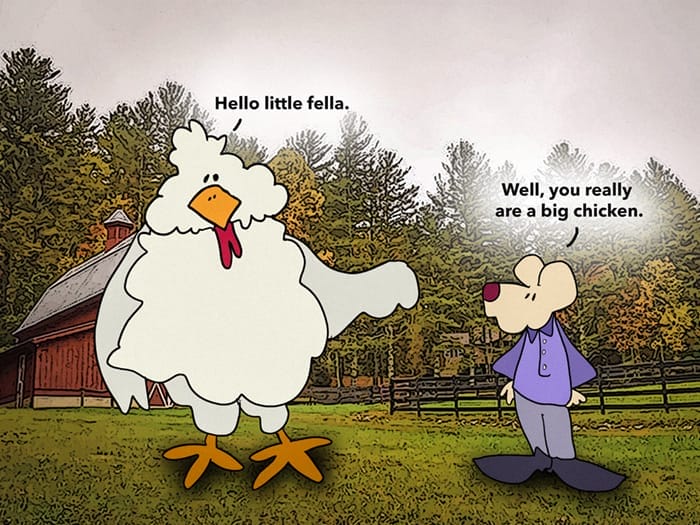What is it with people daring other people to do things? We used to do this mostly when we were kids. Like nine-year-old kids. But these days, “dares” pop up all over the place. A few weeks ago, everybody was daring everybody else to cook their chicken in Nyquil.
To make these “dares” sound cool, people call them “challenges.”
We’ve seen the gamut of them over time. The Covid Challenge. Go out and lick some public thing like a toilet seat or a subway rail.
The Gallon-Smash Challenge. Go into a grocery and stomp on a gallon of milk, making it splatter all over Hades, leaving the mess.
The Tide Pod Challenge. Eat a Tide Pod.
The Car Surfing Challenge. Ride on top of a moving car, sitting or standing.
They go on indefinitely.
Even the ones that are “masked” as being for a good cause, like the Ice Bucket Challenge, seem a little half-cocked to me.
I’m not sure what the draw is because it isn’t just little kids doing these things. It is mostly adults who know better.
I don’t think these challenges are about bravery. I think someone, somewhere, is just seeing how many people they can coax into doing something stupid.
At least when we were kids, the dares had some substance to them.
“I double dog dare you to climb to the top of that tree and back down.”
Or.
“I dare you to sneak up and knock on Sister Adriana’s office door.”
Like that.
And back then, most of the time, if we refused, we were called a “chicken.”
A chicken.
Why a chicken, I wonder. Why not a squirrel or a hedgehog?
Well. According to the Oxford English Dictionary, the earliest written instance of the word chicken in the cowardly sense comes from William Shakespeare’s Cymbeline circa 1616. He wrote: “Forthwith they fly, Chickens.” He was describing soldiers fleeing a battlefield.
But chickens have been associated with a lack of bravery long before the 1600s. One play from around 1450 described a coward as a “henne-harte.” There are several other poems of that time describing cowards as hens.
Apparently, the reason is because of roosters. Those strutting roosters were typically characterized as bold and unafraid. So back in those days, if you were a leader or some fierce warrior, someone might call you a “cock” (as a compliment). Hens, on the other hand, seemed timid in comparison. So people started using the term to tag the submissive and the cowardly, all of this back in the 1600s.
Mostly it was a sexist underpinning. Female chickens, like female humans, were characterized as subdued and faint-hearted. Just like in the chicken pen, women had to take their cues from their “roosters” — the all-powerful male.
Eventually, the phrase with less of a gender push, “chickens,” won out over time. Though. This isn’t clear why it shifted from hen to chicken.
But do not be dismayed, my friends. The sane world understands there are no chickens in this world. In the case of those confounded “challenges,” there are two types of people. Intelligent and stupid.
However, at those times in life when we are faced with real challenges? The real “stuff” that is hard to face? We all go at it the best we know how. Some people may seem more “brave” on the outside, but inside, our hearts have genuine fear, and we take that fear with us in our every step. But we keep stepping and moving until that “hard” thing gets past us.
And by the way.
Chickens lay eggs. That seems pretty damn brave to me.
=======
“You can, you should, and if you’re brave enough to start, you will.”
― Stephen King
=======
“Scared is what you’re feeling. Brave is what you’re doing.”
― Emma Donoghue, Room
=======
“Before I knew you, I thought brave was not being afraid. You’ve taught me that bravery is being terrified and doing it anyway.”
― Laurell K. Hamilton, Blood Noir
=======
You big chicken. I mean that in a nice way.
